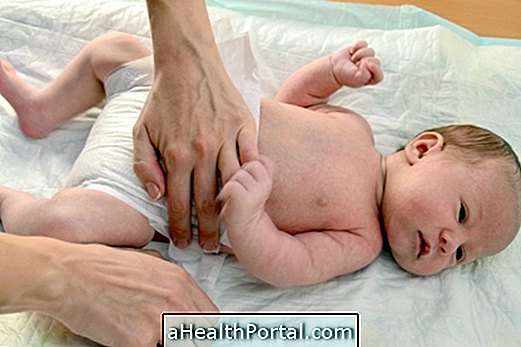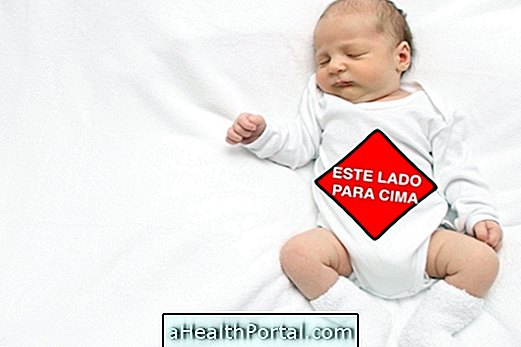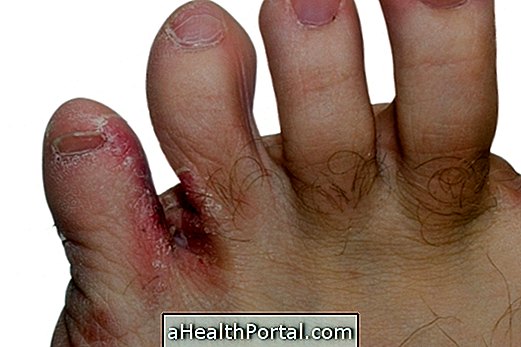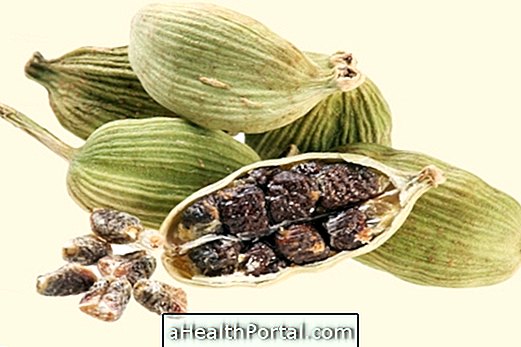When the baby is newborn it is normal that the first stool is black or greenish and sticky due to the presence of substances that have accumulated throughout pregnancy and are eliminated during the first few days. Thus, it is also normal for the color to become browner and browner after 2 or 3 days.
However, other situations, such as eating and using iron-based medicines, may also make the baby's stools darker than normal.
When it is not a newborn you need to be careful and try to identify what may be causing this change in stool and get in touch with your pediatrician as soon as possible, because in some cases this may be a sign of something more serious. Understand better than other situations can cause changes in baby's stool.

1. Cracked nipples during breastfeeding
If the mother has nipples cracked and is breastfeeding, the baby may ingest some blood, which is digested and then may appear in their stools, making them darker.
The mother's blood intake is not harmful to the baby, however, the mother should treat cracked nipples to decrease pain and discomfort during breastfeeding. See the best ways to treat cracks in the breast.
2. Excess iron in food
Iron-rich foods like spinach and beets, for example, can make baby's stools darker. This change is not a cause for concern and the color of the stool usually returns to normal when there is a decrease in the intake of these foods. Here's a list of foods that contain more iron.
So if your baby is already eating snacks that may have beans, spinach or beets, you can try on baby food without these ingredients to see if your baby's stool color returns to normal. Initially they should come with mixed colors and then should return to normal color.
3. Use of some medicines
The use of some remedies like Ferrous Sulfate or containing bismuth compounds such as Pepto-Bismol, for example, can cause dark stools in the baby. In this case, the color of the stool usually returns to normal when the baby stops taking the medicine.
If the baby is taking any iron supplements, the stools, in addition to being dark, may become more dry and so it is important to provide enough liquids, according to age, to soften the stool. Babies who only breastfeed can nurse more often during the day, while infants who have already started feeding can drink water, fruit juice or tea.
4. Injuries to the stomach or esophagus
Although it is a less common situation, the baby's black stools can also indicate some bleeding in the stomach, esophagus or intestine and this situation should be evaluated by the pediatrician as soon as possible so that the baby receives appropriate treatment. In this case, the stool may become very dark and smell very strong, but the presence of blood in the stool is not as visible.
If parents or caregivers suspect that they have blood mixed in the baby's stool, they should be very attentive to the baby's diaper and genitals. Live red blood mixed in the stool may indicate bleeding due to fissure in the anus or constipation. In this case it is possible to see vestiges of blood in the stool. Learn more about blood in baby's stool.


























